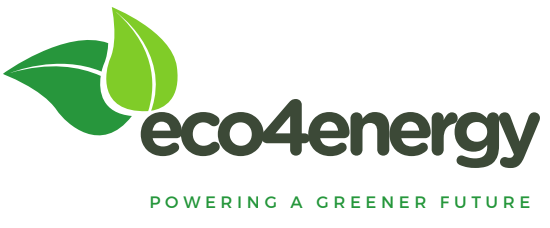Introduction
Solar energy is a renewable and sustainable source of power that is becoming increasingly popular in today’s world. Solar cells and solar panels play a crucial role in harnessing this energy and converting it into usable electricity. In this article, we will explore the concepts of solar cells and solar panels, how they work, and their benefits in the realm of renewable energy.
Solar Cells
Solar cells, also known as photovoltaic cells, are the building blocks of solar panels. They are small, square-shaped devices that convert sunlight directly into electricity through the photovoltaic effect. The most common material used in solar cells is silicon, which is a semiconductor.
When sunlight hits a solar cell, it excites the electrons in the silicon atoms, causing them to move and create an electric current. This process occurs due to the presence of two different layers within the solar cell: the p-type layer and the n-type layer. The p-type layer contains atoms with an excess of electrons, while the n-type layer contains atoms with a deficiency of electrons.
The boundary between these two layers is called the p-n junction. When sunlight strikes the solar cell, it creates an electric field at the p-n junction, which separates the excited electrons and generates an electric current. This current can then be harnessed and used to power electrical devices or stored in batteries for later use.
Solar Panels
Solar panels, also known as photovoltaic panels, are made up of multiple interconnected solar cells. They are designed to capture sunlight and convert it into electricity on a larger scale. Solar panels are typically installed on rooftops or in open areas where they can receive maximum exposure to sunlight.
The solar cells within a solar panel are connected in series or parallel to increase the overall voltage and current output. This configuration allows for the generation of higher amounts of electricity. The solar cells are encapsulated in a protective layer, usually made of tempered glass, to ensure durability and longevity.
Solar panels are equipped with electrical contacts that allow for the connection of multiple panels to form a solar array. The electricity generated by the solar panels is then fed into an inverter, which converts the direct current (DC) produced by the solar cells into alternating current (AC) that can be used to power homes, businesses, or fed back into the electrical grid.
Benefits of Solar Cells and Solar Panels
Solar cells and solar panels offer numerous benefits in the realm of renewable energy. Here are some key advantages:
- Renewable and Sustainable: Solar energy is a renewable resource, meaning it is continuously replenished by the sun. By harnessing solar power, we can reduce our reliance on fossil fuels and decrease our carbon footprint.
- Cost Savings: Installing solar panels can lead to significant cost savings on electricity bills over time. Once the initial investment is recouped, the electricity generated by solar panels is essentially free, reducing or eliminating monthly electricity expenses.
- Energy Independence: Solar panels allow individuals and businesses to generate their own electricity, reducing dependence on the electrical grid. This provides a sense of energy independence and can protect against rising energy costs.
- Low Maintenance: Solar panels require minimal maintenance. Regular cleaning and inspection to ensure optimal performance are typically the only maintenance tasks needed. Solar panels have a long lifespan, often lasting 25 years or more.
- Environmental Benefits: Solar energy is a clean and environmentally friendly alternative to traditional forms of energy generation. It produces no greenhouse gas emissions or air pollutants, contributing to a healthier and more sustainable planet.
- Government Incentives: Many governments offer incentives, such as tax credits or rebates, to encourage the adoption of solar energy. These incentives can help offset the initial cost of installing solar panels, making them more affordable for homeowners and businesses.
Conclusion
Solar cells and solar panels are essential components in harnessing the power of the sun and converting it into usable electricity. By understanding the principles behind solar cells and the benefits of solar panels, we can appreciate the role they play in the transition to renewable energy. As technology continues to advance, solar energy will become an increasingly viable and important source of power for a sustainable future.

